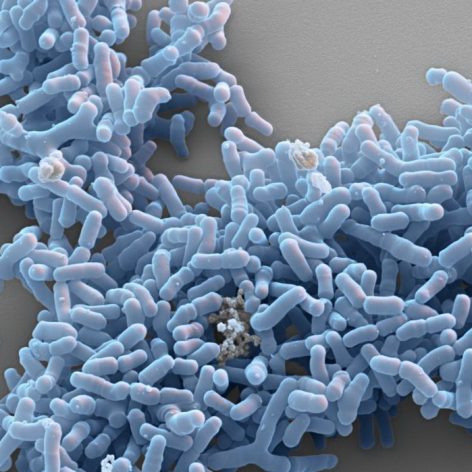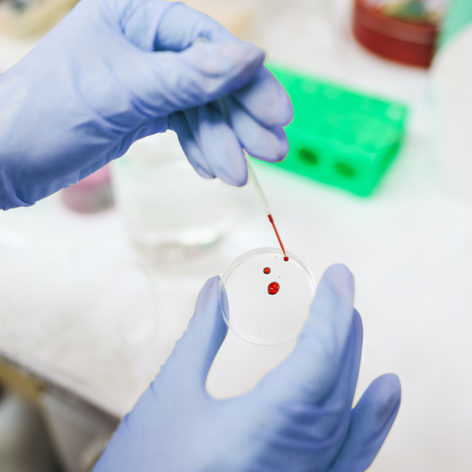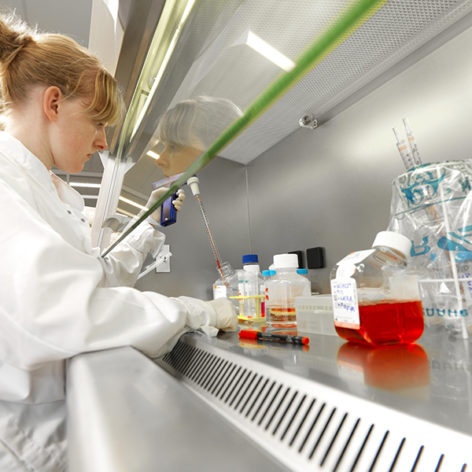Danone Research & Innovation is a pioneer in allergy research with a strong heritage in the field of allergy prevention and management.
With 40 years of innovation and scientific discoveries and more than 600 publications in peer-reviewed journals in the field of immunology and allergy, we are committed to deliver high-quality, safe nutrition. We use a range of research tools, from preclinical studies to proof of concept and multicenter, efficacy clinical studies, and collaborate closely with both national and international academic partners and healthcare providers.
Working together in allergy research
Our scientific experts are committed to learning more about the role of nutrition in allergy and how gut microbiota can help support oral tolerance. We understand how nutrition in the first 1000 days and later, during the childhood, has the power to influence health for life. We continuously collaborate with global experts, including healthcare professionals, scientific and patient associations, as well as the parents and families of allergic infants and children, to provide solutions for those who are dealing with allergic diseases.
Learn more about our immunology research team and expertise here.

Clinical trial programmes
We run extensive clinical trial programmes to investigate the latest innovations for allergy prevention and management. Our research into the relationship between the gut microbiota and the immune system has led to the development of a patented prebiotic oligosaccharide blend, which has demonstrated benefits for gastrointestinal function and immune function, and a synbiotic.
Restoring the gut microbiota of infants has been associated with a lower risk of developing allergies
We are now leading the way in the field of synbiotics, creating a unique, mix of pre- and probiotics, including B. breve M-16V, the most commonly isolated bifidobacterial species from human milk. In the future, through the addition of this pre and probiotic combination to partially hydrolysed formulas (pHP), extensively hydrolysed formulas (eHP) and amino acid formulas (AA), we aim to support the restoration of the gut microbiota of babies, which has been associated with a lower risk of developing allergies.1,2



